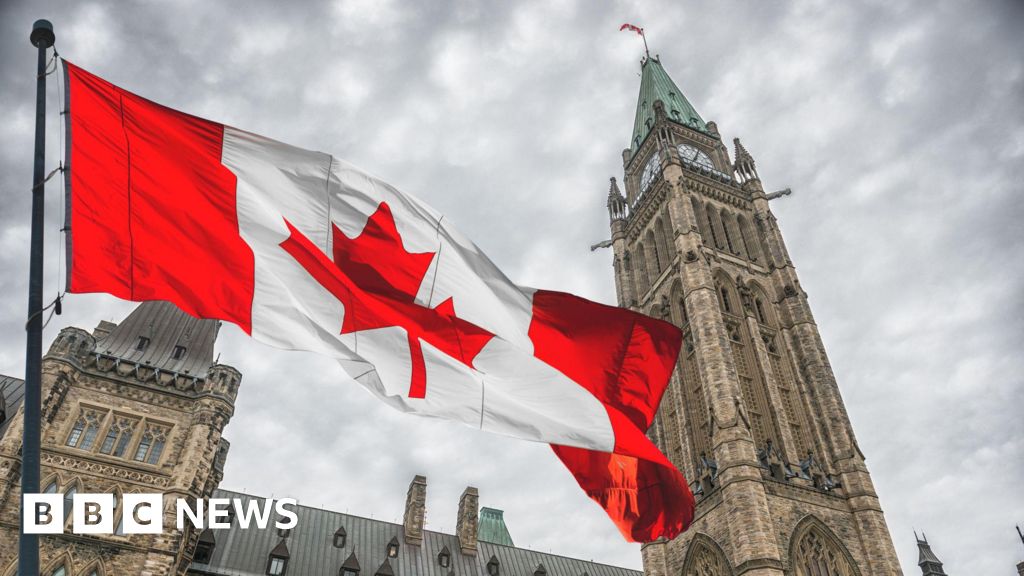- cross-posted to:
- news@lemmy.world
- cross-posted to:
- news@lemmy.world
Euthanasia for humans is a difficult ethical dilemma. On the one hand, being allowed to die seems like a rather fundamental personal autonomy, on the other, it risks producing some very perverse economic incentives in both healthcare and society.
Nova Scotia cancer patient who said she was asked if she was aware of assisted dying as an option twice as she underwent mastectomy surgeries.
The question “came up in completely inappropriate places”, she told the National Post.
Canadian news outlets have also reported on cases where people with disabilities have considered assisted dying due to lack of housing or disability benefits.
The incentives, specifically, involve a slippery slope where it becomes more acceptable for society in general to push somebody considered a “burden” towards assisted dying as a way of getting rid of them. Terminally ill, elderly, disabled, mentally ill, unemployed etc. people may find the institutions that support them slowly become dismantled with society then proceeding to offer assisted dying as a “solution” when existence as a consequence becomes more and more miserable.
This might be a tad cynical, but I consider the risk of this ultimate betrayal of the most vulnerable in society as a consequence of legalized euthanasia so large that it outweighs the potential moral benefits.
Around 96% of recipients identified as white people
Cannot wait to hear about the Foz News reaction to this.
One of the parts that breaks my heart is that if assisted suicide is so popular now that it’s legal, how many people suffered for how long when it wasn’t?
Here’s a good thread about the article: https://news.ycombinator.com/item?id=42396733
Jesus fuck there is some ghoulish shit in there! Just withhold water as someone dies slow so as to “do no harm” ? Ugh.
Thanks for sharing.



